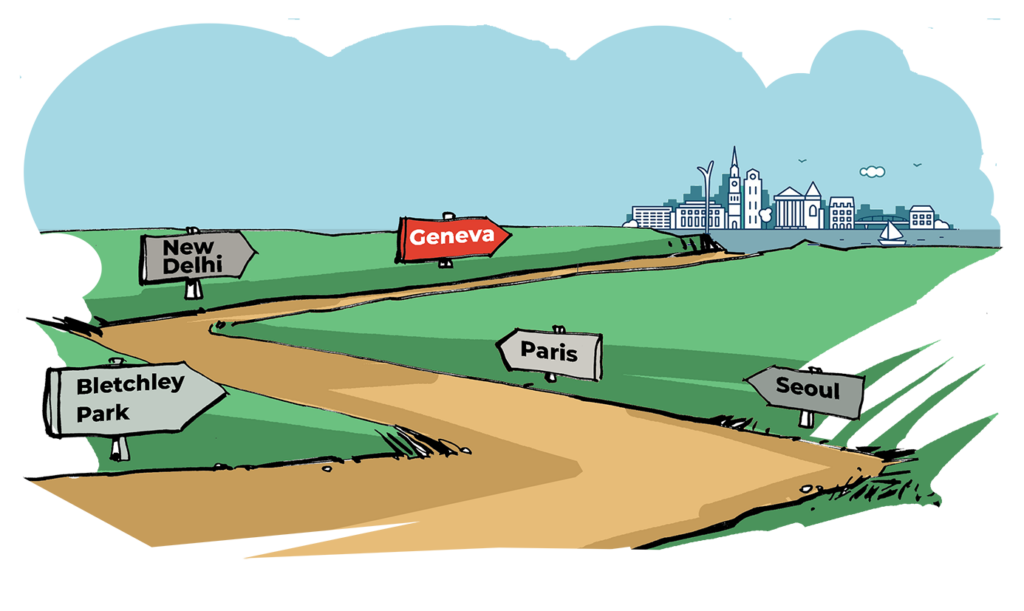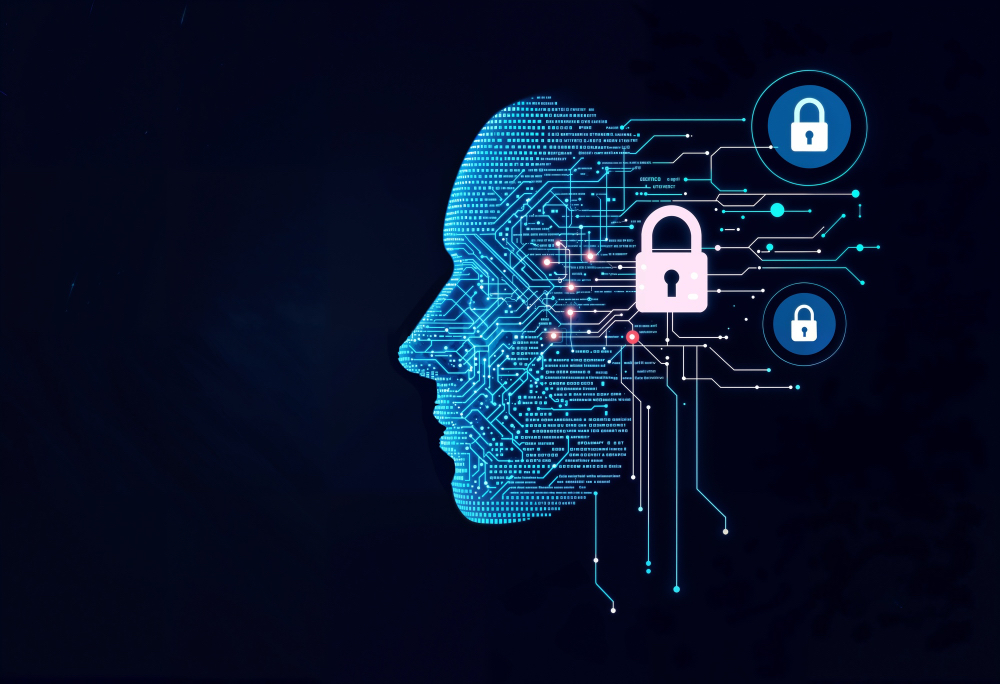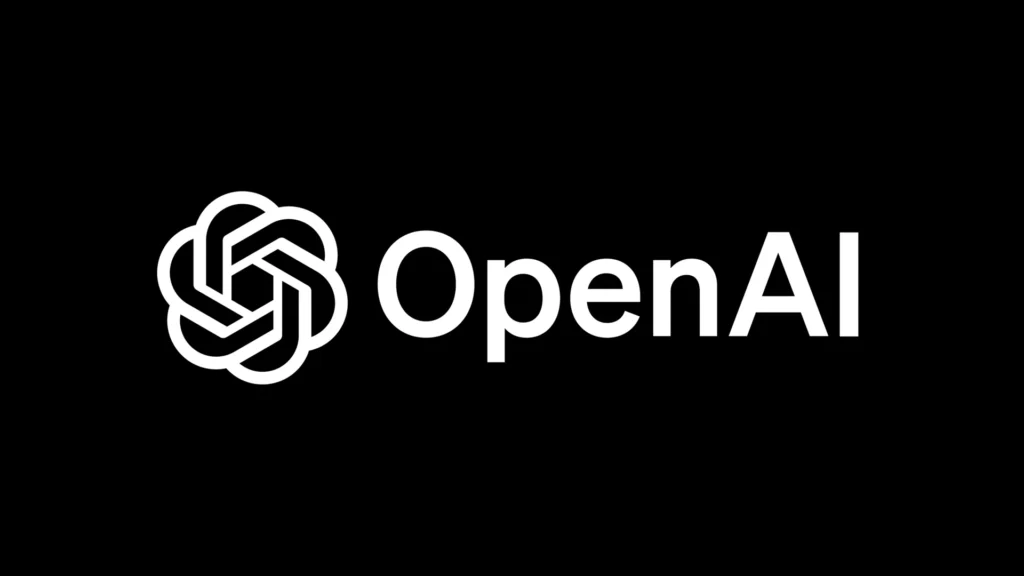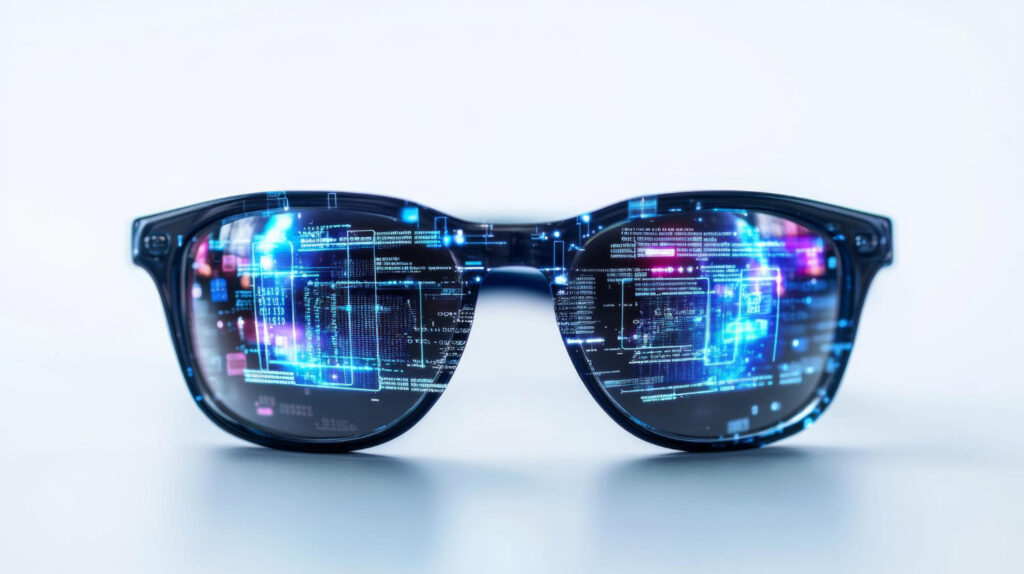Digital Watch Observatory - Digital Governance in 50+ issues, 500+ actors, 5+ processes

Plus, Child safety backlash against tech intensifies, US diplomats to push back on global data sovereignty laws, Argentina debates cognitive sovereignty, and more.

Tools like OpenClaw show how AI that acts autonomously can create significant security risks requiring careful management.

Policymakers aim to separate hype from reality while balancing EdTech innovation with protections for learners and educators.

By expanding its London office, OpenAI strengthens its European research presence and challenges Google DeepMind more directly for the UK’s most capable scientists and engineers.
Must read
Analysis
AI slop's meteoric rise and the impact of synthetic content in 2026
As AI slop floods digital platforms, questions emerge about trust, incentives, and the future of information governance.
Analysis
The European marathon towards digital sovereignty
The EU is positioning itself as a solid geopolitical player and is now stepping up in terms of digital sovereignty.
Analysis
Moltbook: Inside the experimental AI agent society
The AI agent social network Moltbook is fuelling the hype around autonomous ecosystems while raising security and digital reality concerns.
DW at a glance
FOLLOW
WSIS+20 Process
The year 2025 marks 20 years since the finalisation of the World Summit on the Information Society (WSIS), and a review process looking at 20 years of WSIS outcomes implementation will conclude with a high-level meeting at the UN General Assembly (UNGA), in December. This page keeps track of the process leading to the UNGA meeting in December 2025. It also provides background information about WSIS and related activities and processes since 1998.
Explore the Observatory
Digital Technologies
From internet applications to quantum computing, we focus on advanced and emerging digital technologies which are increasingly reshaping our economies and societies.
Clusters of Policy topics
We unpack digital policy by exploring over 50 topics – from access and sustainable development to network security and the future of work – classified in 7 clusters.
Processes
Follow some of the most important digital policy processes, from the EU's work on the Digital Services Act/Digital Markets Act to the UN Cybercrime Ad Hoc Committee.











